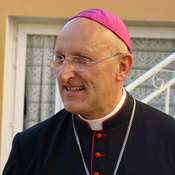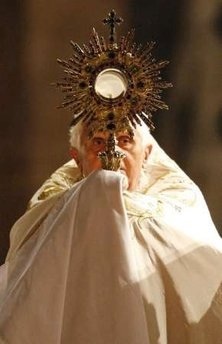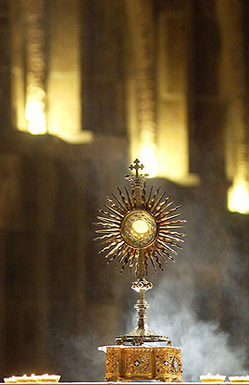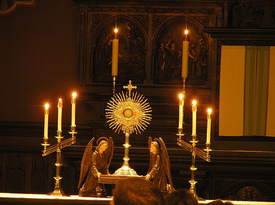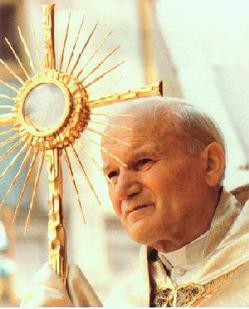Reading the notes from the pre-conclave meetings of the cardinals meeting in the General Congregation is not usual reading material for most people. One has to admit that it is interesting to know what the cardinals think and what they verbalize with regard to the life of the Church and the proposal for future ministry. Zenit.org published today the notes of Jorge Cardinal Bergoglio (now Pope Francis). Nothing really new except that now we know with better certainty the perspective of the made elected the Supreme Pontiff. The notes follow:
The archbishop of Havana says that a speech given by Cardinal Jorge Bergoglio (now Pope Francis) during the cardinals’ pre-conclave meetings was “masterful” and “clear.”
Cardinal Jaime Lucas Ortega y Alamino spoke of Cardinal Bergoglio’s speech at a Mass on Saturday in Cuba, having returned home from his trip to Rome to bid farewell to Benedict, participate in the conclave, and welcome Francis.
Cardinal Ortega said that Cardinal Bergoglio gave him the handwritten notes of the speech, and the permission to share the contents.
“Allow me to let you know, almost as an absolute first fruit, the thought of the Holy Father Francis on the mission of the Church,” Cardinal Ortega said.
Continue reading Private notes of Jorge Bergoglio from pre-conclave meetings published

